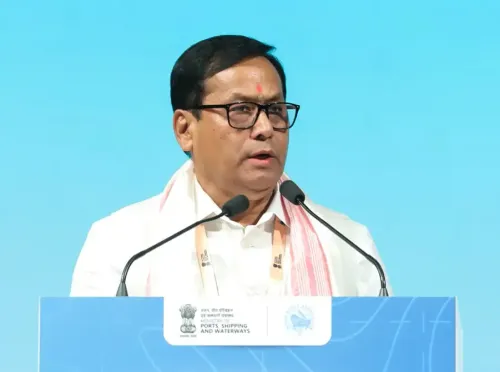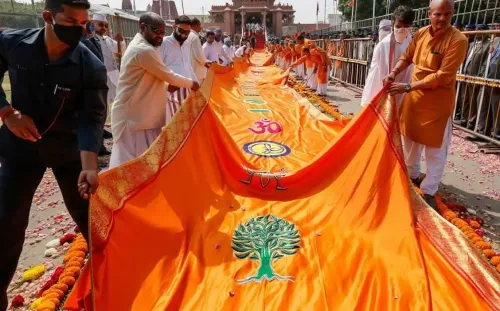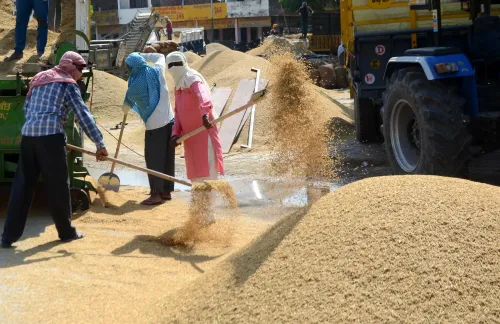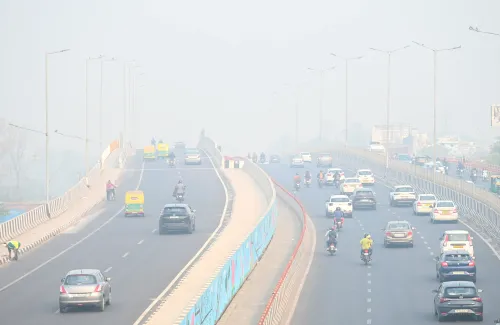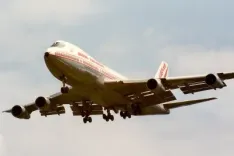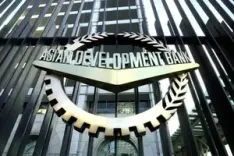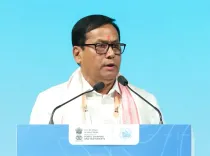How Did a 13-Year-Old Girl Get Airlifted from Agatti Island to Kochi for Medical Care?
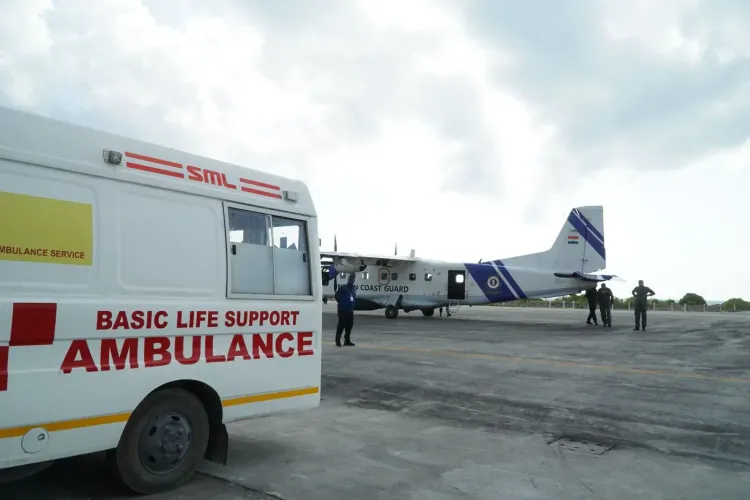
Synopsis
Key Takeaways
- The Indian Coast Guard's swift action saved the life of a 13-year-old girl.
- Emergency evacuations are critical in remote areas like Lakshadweep.
- The ICG operates under challenging weather conditions to ensure public safety.
- Collaboration with other agencies enhances the ICG's effectiveness.
- The ICG's motto, 'We Protect,' reflects their commitment to citizen safety.
Kavaratti (Lakshadweep), May 10 (NationPress) In a rapid emergency medical evacuation, the Indian Coast Guard (ICG) successfully airlifted a young girl from Lakshadweep, overcoming difficult weather conditions late Friday night.
The 13-year-old girl was diagnosed with sepsis, septic shock, severe anaemia, and severe thrombocytopenia. She was transported from Agatti Island in Lakshadweep to Kochi, Kerala, aboard an ICG Dornier aircraft.
The girl, accompanied by medical escorts, was evacuated to Kochi for necessary medical treatment.
This successful operation highlights the ICG's dedication to ensuring the safety of citizens, even in remote islands, regardless of weather challenges.
The Indian Coast Guard maintains an active presence in the Lakshadweep Islands and stands ready to assist the local administration and island residents during emergencies.
In 2025, the ICG has performed two similar medical evacuations on February 8 and February 25, staying true to its motto, 'We Protect'.
The ICG, a maritime law enforcement and search and rescue agency of India, has jurisdiction over its territorial waters, including the contiguous zone and exclusive economic zone.
Established on February 1, 1977, and formally recognized on August 18, 1978, through the Coast Guard Act, 1978, it operates under the Ministry of Defence.
The ICG collaborates closely with the Indian Navy, the Department of Fisheries, the Department of Revenue (Customs), and the Coastal Police of State Police Forces, along with the Central Armed Police Forces.
The ICG is organized into the Western and Eastern Seaboards, each commanded by three-star officers known as Coast Guard Commanders. These seaboards are divided into four regions, with the Andaman and Nicobar Region reporting directly to the DGICG. Each region is led by an officer of the rank of Inspector-General and is subdivided into multiple districts, typically covering a coastal state or a union territory.

